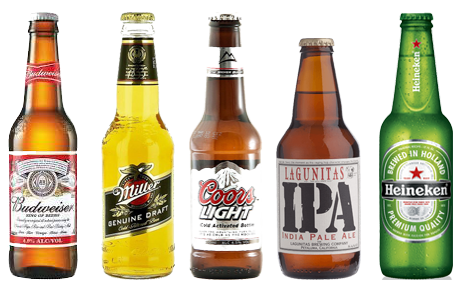Blog
Search
Bigger Big Beer
September 24, 2015

Meanwhile A-B InBev's counterpart and US joint venture MillerCoors LLC continues the trend of Big Beer buying up craft brewers - and California craft, at that. Big Beer continues to stave off threats of market share lost to somewhat smaller breweries, while making these plays to keep distributors in line. MillerCoors acquired Saint Archer’s and is already making plans to extend its brewer distribution beyond the state. Heineken was not far behind, with its new 50% stake relinquished from "smaller" Lagunitas Brewery (valued at roughly $1 billion).
And it doesn't look like the spending spree is ending anytime soon. The findings from our 2009 report echo resolutely in light of these recent beer deals:
- Shareholder rights and decision-making participation continue to disappear.
- Corporate consumption poses significant threats to the US three-tier regulatory system. While beer companies continue to deny interest in controlling beer distribution, they seek to buy distributorships wherever they can and force egregious contract provisions upon distributors who are backed into a corner to comply.
- Big brewers continue to grow and wield their influence on global, federal, state, and local lawmakers. Beer trade associations and allied partners spend millions to oppose the most effective and cost-effective policies to protect communities and reduce alcohol-related harm (increased prices/taxes, reduced availability, and restricted advertising and promotion).
- Beer remains the cheapest, most widely used drug in the U.S.
Help us hold Big Alcohol accountable for the harm its products cause.
| GET ACTION ALERTS AND eNEWS |
STAY CONNECTED    |
CONTACT US 24 Belvedere St. San Rafael, CA 94901 415-456-5692 |
SUPPORT US Terms of Service & Privacy Policy |
Copyright © 2026 Alcohol Justice. All Rights Reserved.
Joomla! is Free Software released under the GNU General Public License.


